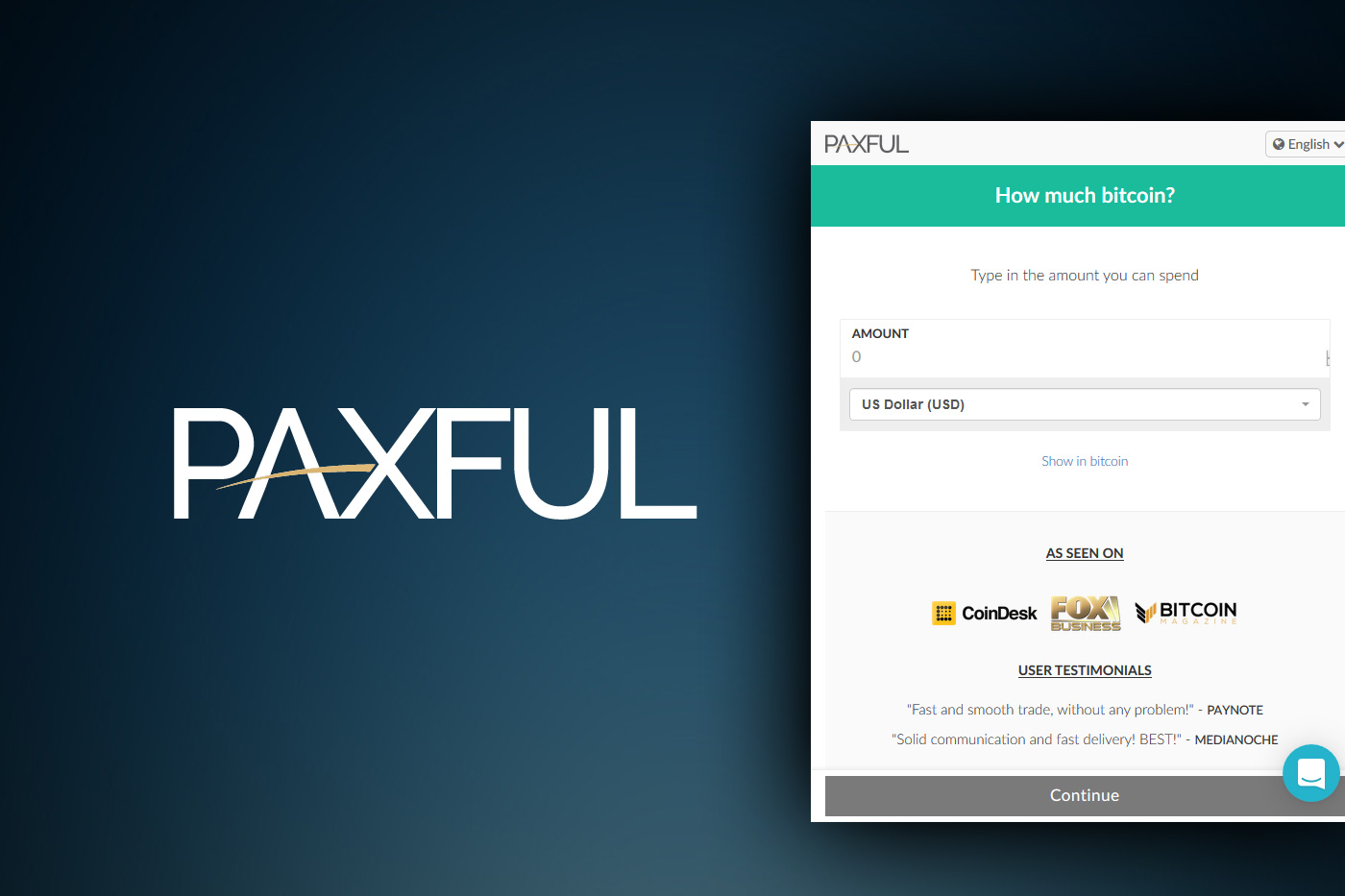Technology
Bitsika Records $39.9m Transactions as Revenue Spikes

By Adedapo Adesanya
Popular social payments app, Bitsika has announced an impressive increase in its number in volume, revenue, users, and transactions for the year 2020.
According to the numbers made available via the company’s Twitter account, it was claimed that from January 1, 2020, to January 1, 2021, the volume of transactions carried out increased by 3,998.3 per cent. This happened as it processed a total of $39,953,115 in transaction volume compared to $974,864 we processed in 2019.
Providing a breakdown, the company, which is a wallet for Cedis, Naira, Dollars, CFA currencies, cryptocurrencies, among others, noted that deposits amounted to $18,872,474; $17,890,807 in payouts (withdrawals); and $3,189,834 in internal peer-to-peer transfers.
Revenue wise, Bitsika collected $1,027,583 in fees in 2020 compared with $329 in 2019, indicating a significant rise of 312,235.3 per cent.
Speaking of the veracity of the figures, the company noted, “These volumes are from self-determined, autonomous [successful] transactions that users initiated and performed themselves. We did NOT count system transactions that users did not initiate.”
Bitsika announced that it processed a total of 268,430 individual (successful) transactions, an increase of 5,008.5 per cent compared to 4,832 successful transactions carried out in 2019.
The company added that of the said successful transactions, 21,418 were internal peer-to-peer transactions while the rest (247,012) was a combination of deposit and payout transactions.
Its user base grew to 95,509 registered users; more than 95 per cent of which came onto the platform in 2020. Within the year, Bitsika noted that 16,507 individual users made at least one successful transaction.
The company noted that 11,142 users currently have some money on the app, waiting to use it on any of its many features.
Speaking on the result, the Chief Executive Officer and Founder, Mr Atsu Davoh explained that, “This number is NOT our take-home profit. After expenses and payments to our other third-parties are done, what we’re left with (net profit) is significantly much less.
“The best part about this particular metric is that it has helped us remain technically profitable and cash-flow positive for every single month of 2020.”
The Bitsika CEO explained that at the start of the year, the team had made plans to increased its numbers to get 20,000 users and process $10,000,000 in transactions, and the numbers were a testimony that it exceeded its own expectations.
He said, “These numbers are self-reported, but apart from our internal peer-to-peer transactions and volumes, there is an additional receipt of every single one of our transactions in the databases of their-party platforms like Futterwave and its equivalent for the other currencies we serve. This makes transparency much easier.”
Looking back on the year, the Ghanaian-born startup brought onboard film star, John Dumelo and musician, Joey B as well as inviting Nigerian pop king, David Davido Adeleke, his manager, Asa Asika, and celebrity tech-savvy lawyer, Mr Bobo Ajudua as shareholders.
The impact of these influencers could not be overlooked in the general outcome of these numbers as Mr Davoh noted about Davido, “We decided to go into this partnership with Davido because, in Africa, I don’t see anyone with his crazy numbers. I think his social engagement is the best in Africa. This is purely a business decision and we believe with the Davido board, now we can even 10x every single month.”
In 2021, the CEO says “We want to raise our Series A, get our own licensees in all the markets we operate, start our internship program for the design and tech communities, and provide more features in our app. We also want to expand our reach in and beyond fintech.”
Bitsika wishes to increase its 2020 numbers this year and with the positioning, the three-year-old startup is on course to achieve this.
Technology
Leticia Otomewo Becomes Secure Electronic Technology’s Acting Secretary

By Aduragbemi Omiyale
One of the players in the Nigerian gaming industry, Secure Electronic Technology (SET) Plc, has appointed Ms Leticia Otomewo as its acting secretary.
This followed the expiration of the company’s service contract with the former occupier of the seat, Ms Irene Attoe, on January 31, 2026.
A statement to the Nigerian Exchange (NGX) Limited on Thursday said Ms Otomewo would remain the organisation’s scribe in an acting capacity, pending the ratification and appointment of a substantive company secretary at the next board meeting.
She was described in the notice signed by the Managing Director of the firm, Mr Oyeyemi Olusoji, as “a results-driven executive with 22 years of experience in driving business growth, leading high-performing teams, and delivering innovative solutions.”
The acting secretary is also said to be “a collaborative leader with a passion for mentoring and developing talent.”
“The company assures the investing public that all Company Secretariat responsibilities and regulatory obligations will continue to be discharged in full compliance with the Companies and Allied Matters Act, applicable regulations, and the Nigerian Exchange Limited Listing Rules,” the disclosure assured.
Meanwhile, the board thanked Ms Attoe “for professionalism and contributions to the Company during the period of her engagement and wishes her well in her future endeavours.”
Technology
Russia Blocks WhatsApp Messaging Service

By Adedapo Adesanya
The Russian government on Thursday confirmed it has blocked the WhatsApp messaging service, as it moves to further control information flow in the country.
It urged Russians to use a new state-backed platform called Max instead of the Meta-owned service.
WhatsApp issued a statement earlier saying Russia had attempted to “fully block” its messaging service in the country to force people toward Max, which it described as a “surveillance app.”
“Today the Russian government attempted to fully block WhatsApp in an effort to drive people to a state-owned surveillance app,” WhatsApp posted on social media platform X.
“Trying to isolate over 100 million users from private and secure communication is a backwards step and can only lead to less safety for people in Russia,” it said, adding: “We continue to do everything we can to keep users connected.”
Russia’s latest move against social media platforms and messaging services like WhatsApp, Signal and Telegram comes amid a wider attempt to drive users toward domestic and more easily controlled and monitored services, such as Max.
Russia’s telecoms watchdog, Roskomnadzor, has accused messaging apps Telegram and WhatsApp of failing to comply with Russian legislation requiring companies to store Russian users’ data inside the country, and of failing to introduce measures to stop their platforms from being used for allegedly criminal or terrorist purposes.
It has used this as a basis for slowing down or blocking their operations, with restrictions coming into force since last year.
For Telegram, it may be next, but so far the Russian government has been admittedly slowing down its operations “due to the fact that the company isn’t complying with the requirements of Russian legislation.”
The chat service, founded by Russian developers but headquartered in Dubai, has been a principal target for Roskomnadzor’s scrutiny and increasing restrictions, with users reporting sluggish performance on the app since January.
Technology
Nigerian AI Startup Decide Ranks Fourth Globally for Spreadsheet Accuracy

By Adedapo Adesanya
Nigerian startup, Decide, has emerged as the fourth most accurate Artificial Intelligence (AI) agent for spreadsheet tasks globally, according to results from SpreadsheetBench, a widely referenced benchmark for evaluating AI performance on real-world spreadsheet problems.
According to the founder, Mr Abiodun Adetona, the ranking places Decide alongside well-funded global AI startups, including Microsoft, OpenAI, and Anthropic.
Mr Adetona, an ex-Flutterwave developer, also revealed that Decide now has over 3,000 users, including some who are paying customers, a signal to the ability of the startup to scale in the near future.
SpreadsheetBench is a comprehensive evaluation framework designed to push Large Language Models (LLMs) to their limits in understanding and manipulating spreadsheet data. While many benchmarks focus on simple table QA, SpreadsheetBench treats a spreadsheet as a complex ecosystem involving spatial layouts, formulas, and multi-step reasoning. So far, only three agents rank higher than Decide, namely Nobie Agent, Shortcut.ai, and Qingqiu Agent.
Mr Adetona said SpreadsheetBench measures how well AI agents can handle practical spreadsheet tasks such as writing formulas, cleaning messy data, working across multiple sheets, and reasoning through complex Excel workflows. Decide recorded an 82.5% accuracy score, solving 330 out of 400 verified tasks.
“The result reflects sustained investment in applied research, product iteration, and learning from real-world spreadsheet workloads across a wide range of use cases,” Mr Adetona told Business Post.
For Mr Adetona, who built Decide out of frustration with how much time professionals spend manually cleaning data, debugging formulas, and moving between sheets, “This milestone highlights how focused engineering and domain-specific AI development can deliver frontier-level performance outside of large research organisations. By concentrating on practical business data problems and building systems grounded in real user environments, we believe smaller teams can contribute meaningfully to advancing applied AI.”
“For Decide, this is a foundation for continued progress in intelligent spreadsheet and analytics automation,” he added.
-

 Feature/OPED6 years ago
Feature/OPED6 years agoDavos was Different this year
-
Travel/Tourism10 years ago
Lagos Seals Western Lodge Hotel In Ikorodu
-

 Showbiz3 years ago
Showbiz3 years agoEstranged Lover Releases Videos of Empress Njamah Bathing
-

 Banking8 years ago
Banking8 years agoSort Codes of GTBank Branches in Nigeria
-

 Economy3 years ago
Economy3 years agoSubsidy Removal: CNG at N130 Per Litre Cheaper Than Petrol—IPMAN
-

 Banking3 years ago
Banking3 years agoSort Codes of UBA Branches in Nigeria
-

 Banking3 years ago
Banking3 years agoFirst Bank Announces Planned Downtime
-

 Sports3 years ago
Sports3 years agoHighest Paid Nigerian Footballer – How Much Do Nigerian Footballers Earn













